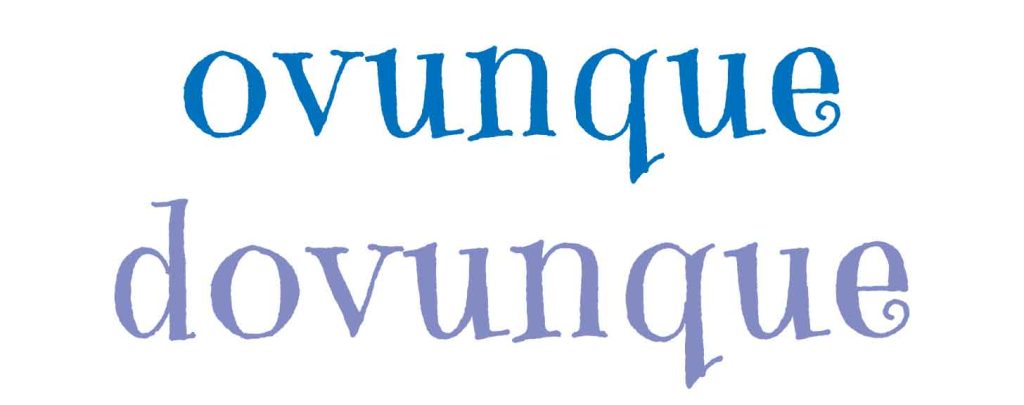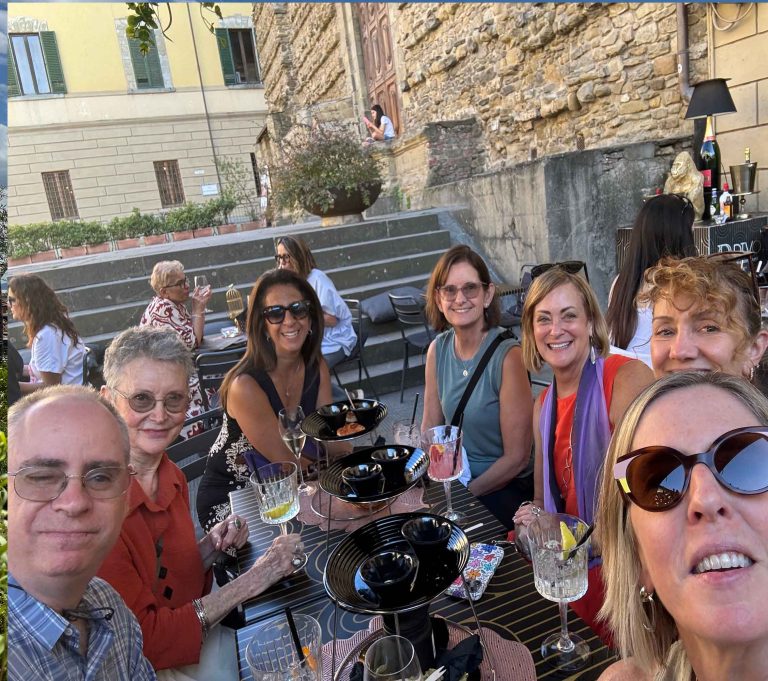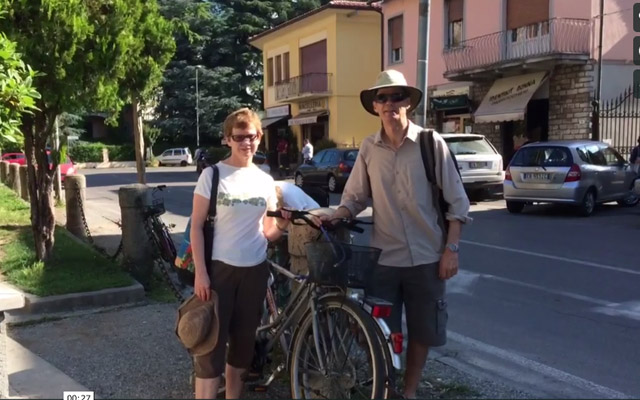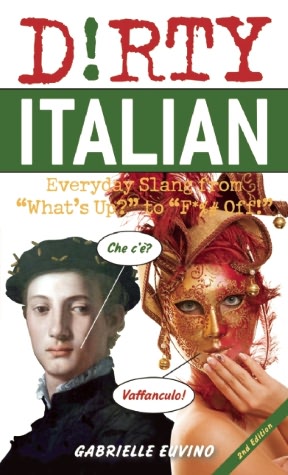
“Ovunque Tu Vada, Vacci con il Tuo Cuore”
Understanding Ovunque and Dovunque in Italian
Ovunque e Dovunque: Cosa Significano?
Ovunque and Dovunque: What Do They Mean?
Questa settimana, mentre preparavo alcuni nuovi dialoghi per le lezioni di conversazione con i miei studenti, ho deciso di inserire le parole “Ovunque” e “Dovunque” nelle esercitazioni. Mi ha un po’ sorpreso vedere cinque studenti fissarmi perplessi: non avevano mai incontrato queste parole prima! Oppure, forse sì, ma non avevano lasciato il segno, e quindi erano state subito dimenticate. Ora però, queste due parole sono sotto il loro radar, stanno iniziando a sedimentarsi e a diventare parte del loro vocabolario italiano.
This week, as I was creating new conversation dialogues for my students, I decided to include the words “Ovunque” and “Dovunque” in our practice. I was a bit surprised when five of my students looked at me blankly—they had never come across these words before! Or maybe they had, but they didn’t leave a lasting impression and were quickly forgotten. Now, however, these two words are on their radar, starting to take root and become part of their Italian vocabulary.

Ovunque e Dovunque: Parole Versatili
Ovunque and Dovunque: Versatile Words
“Ovunque” e “Dovunque” sono molto simili; entrambe si traducono in “wherever” o “anywhere” in inglese. Sono parole perfette per parlare di andare in posti—sia letteralmente che figurativamente—dove la destinazione non è specifica o è universale.
“Ovunque” and “Dovunque” are quite similar; both translate to “wherever” or “anywhere” in English. They’re ideal words to use when talking about going somewhere—either literally or figuratively—when the destination isn’t specific or is universal.
Ovunque tu vada, vacci con il tuo cuore.
Wherever you go, go with all your heart
Dovunque tu sia, spero che tu stia bene.
Wherever you are, I hope you’re well.

Perché il Congiuntivo?
Why the Subjunctive Mood?
Hai notato qualcosa di particolare in queste frasi? I verbi sono nel modo congiuntivo! Questo accade perché “ovunque” e “dovunque” introducono spesso un elemento di incertezza o soggettività: non si parla di un luogo specifico, ma piuttosto di un concetto astratto di “dovunque,” che richiede un tono meno certo.
Did you notice something unique about these sentences? The verbs are in the subjunctive mood! That’s because “ovunque” and “dovunque” often introduce an element of uncertainty or subjectivity. You’re not talking about a specific place but rather an abstract “wherever,” which calls for a less definite tone.
Vada (dal verbo andare) invece di va.
Sia (dal verbo essere) invece di è.
Tuttavia, se usi “ovunque” o “dovunque” con un verbo al futuro, puoi evitare il congiuntivo. Il tempo futuro introduce già incertezza.
However, if you use “ovunque” or “dovunque” with a future tense verb, you can skip the subjunctive. The future tense already implies uncertainty.
Dovunque andremo, sarà un’avventura.
Wherever we go, it will be an adventure.
“Ovunque Sarai”: Una Canzone Memorabile
“Ovunque Sarai”: A Memorable Song
Se questa frase ti suona familiare, potrebbe essere grazie a Irama. Il cantante italiano, vincitore del Festival di Sanremo nel 2022, ha scritto una canzone toccante intitolata “Ovunque Sarai.” Questo brano cattura il senso di connessione con qualcuno, indipendentemente da dove si trovi, illustrando perfettamente l’uso di “ovunque.”
If this phrase rings a bell, it might be thanks to Irama. The Italian singer, winner of the Sanremo Music Festival in 2022, wrote a moving song titled “Ovunque Sarai.” This song beautifully captures the sentiment of being connected to someone no matter where they are, perfectly illustrating the use of “ovunque.”
Livello Successivo: Padroneggiare il Congiuntivo
Next Level: Mastering the Subjunctive
Per chi sta andando oltre le basi dell’italiano, padroneggiare il congiuntivo è fondamentale. Ti permette di esprimere speranze, desideri e opinioni—tutte cose che rendono le conversazioni più ricche e stimolanti.
For those moving beyond the basics of Italian, mastering the subjunctive is essential. It allows you to express hopes, wishes, and opinions—elements that make conversations richer and more engaging.
Ma ricorda, il congiuntivo richiede pratica. Bisogna usarlo regolarmente nelle conversazioni, ed è qui che entro in gioco io!
But remember, the subjunctive requires practice. You need to use it regularly in conversations, and that’s where I come in!
Iniziamo Questo Viaggio Insieme!
Let’s Start This Journey Together!
Ovunque tu voglia arrivare con il tuo italiano, sono qui per guidarti—che sia attraverso lezioni online o programmi di immersione in piccoli gruppi in Italia. Insieme, padroneggeremo parole come “ovunque” e “dovunque,” aiutandoti a navigare con sicurezza nella lingua e a raggiungere i tuoi obiettivi.
Wherever you want your Italian journey to take you, I’m here to guide you—whether through online lessons or immersive small-group programs in Italy. Together, we’ll master words like “ovunque” and “dovunque,” helping you confidently navigate the language and achieve your goals.

Parliamo della saggezza di imparare l’italiano con Melissa!
Let’s talk about the wisdom of learning italian with Melissa!
Take a look at the Studentessa Language Immersion Programs and the
Italian Homestay Language Immersion Vacations offered through the site.










